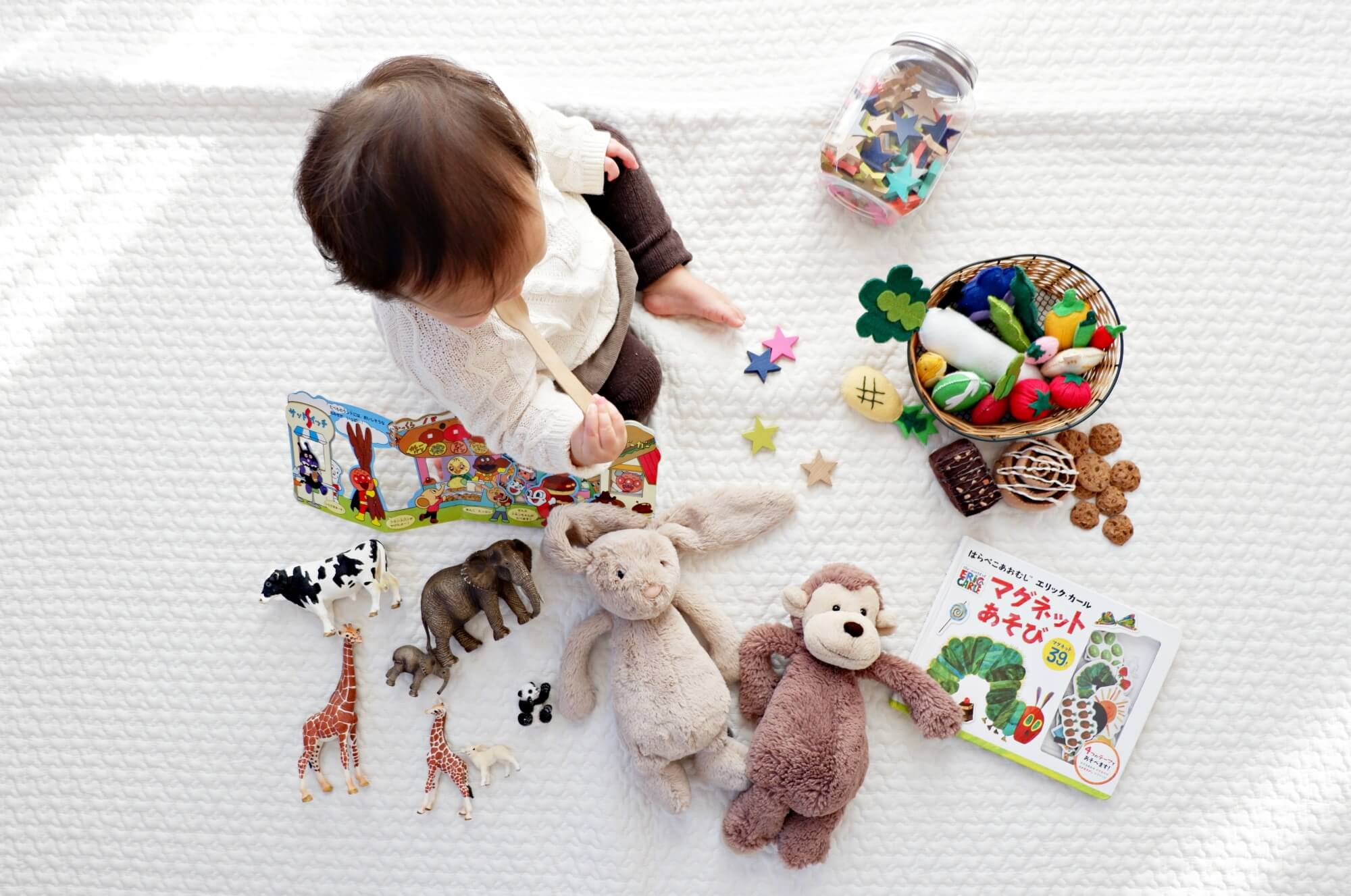Like much of the world, schools in Canada have been closed in the wake of the COVID-19 pandemic. In Ontario, the closures come on the heels of rotating teachers strikes earlier in the year that paralysed schools.
Children and teens no longer have the structure of school, and social distancing rules have cut them off physically from their friends, except on social media.
Scenes of children running up and down the streets are replaced with silence as they are stuck inside on the Xbox, iphone or watching TV. And as their children get restless, parents are getting increasingly frustrated.
The Ontario government says the school shutdown will continue beyond April 5 and last indefinitely until the pandemic is under control. The province is planning to roll out online learning for students during the COVID-19 lockdown, but has yet to provide more details about when this will happen and how it will guarantee computer access for all the students in the province.
Sundri Gunraj is a mother of two daughters. One is 12, the other eight years old. She says that it has been hard for her to keep her children at home as they are oblivious to the danger of the disease.
“I give them assignments to work on in the morning and afternoon and from time-to-time we spend time playing cards,” said Gunraj. “But when they get tired of all this, they want to go out and feel the fresh air, explore what’s going on outside. But they have no choice besides making a sad face.”
Gunraj is trying to keep her children occupied by teaching them how to prepare meals. Before Ontario’s declared state of emergency, she managed a clothing store and didn’t have much time to teach her daughters this essential skill. Gunraj has found that cooking with her daughters has united the family.
But family frustrations can boil over, and Gunraj urges everyone to look out for the children in their communities. She worries the pressure that comes from prolonged stay-at-home orders will cause an uptick in child abuse.
“I firmly urge people in general to stay watchful about the security of kids in families,” said Gunraj.
In an interview with New Canadian Media, Dr. Navjot Brainch, a psychiatrist in New York City, says it’s important for parents to take care of their mental wellbeing first so they can care for their children.
“As they say in airplanes, put your mask on first before assisting your children,” said Dr. Brainch.

Here are Dr. Navjot Brainch’s tips for surviving a pandemic with kids
- Communicate with each other as a couple and then explain to the kids about what is going on and why it is necessary. Try to speak to children in simple terms they understand. An example of this could be in how the children can be superheroes and protect the world by practicing social distancing.
- Read COVIBOOK by Mind Heart to your children. Geared for kids under seven years old, this colourful and printable COVID-19 storybook breaks down the virus and helps them manage anxiety/stress. It’s also available in many languages.
- Working in shifts can help parents take time and space for themselves when needed and rejuvenate and manage their own stress/anxiety.
- Participating together as a family in an activity that is enjoyable to everyone like playing board games, building blocks, or reading stories, will help decrease screen time. Using audible books or education subscriptions is also an excellent idea to help children learn.
- Parents should involve kids in a project that has been pending for a while like re-organizing their room, decorating the room, painting and crafts.
- Spending together much needed quality family time and coming up with things/activities that will become part of tradition and will be carried forward after the quarantine is helpful.
- Skype, FaceTime to help children feel connected to peers and family.
- Plan physical activities that you can do with your kids.
- To keep it organized, make lists of things to do a day before so that when kids wake up in the morning, they know what their day looks like.
- Like everything else, this will pass too! Instilling hope and answering questions of children can help lower their anxiety. Uncertainty of not knowing is anxiety provoking, but validating this can be helpful for your partner and for your children.
This story has been produced under NCM’s mentoring program. Mentor: Isaac Oommen
Surjit Singh Flora is a veteran journalist and freelance writer. He is a popular media commentator on current affairs and member of the NCM collective.




